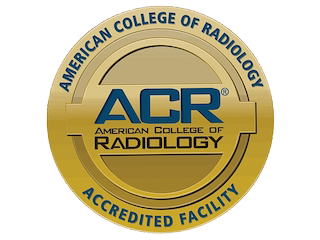
Nuclear medicine is a specialty that uses radioactive tracers called radiopharmaceuticals to diagnose, treat, and analyze the body. Our PET and Single Photon Emission Computed Tomography (SPECT) scan technologies both use nuclear medicine to detect disease. When nuclear medicine is combined with special cameras, doctors can track how the tracers react with abnormalities in the body.
A SPECT helps doctors track and diagnose heart, bone, and gall bladder diseases. It can also detect internal bleeding. This makes it different from PET scans, which are used to observe tumors or cancer.
Some patients are concerned with the small exposure to radiation involved in nuclear medicine. However, the benefits of its ability to detect early stage diseases outweigh the small risk imposed by radiation. Our doctors and nurses will make sure to use as little radiation as possible to treat you.
A SPECT scan is usually done at the same time as other types of scans that use a nuclear medicine gamma camera, so no extra preparation is required.
During your SPECT Exam
You must fast for 4-6 hours prior to the diagnostic test.
If you are diabetic, you should speak to our office for specific instructions.
To begin the SPECT part of the exam, your technician will give you a radiopharmaceutical injection. PET radiopharmaceuticals lose their radioactivity very quickly (between 2 minutes to 2 hours), and we apply a minimal amount. Within 10 minutes to 6 hours, all traces of radioactivity will be gone from your body.
After the radiopharmaceutical is administered, our provider will advise you to wait between 30 minutes to an hour. This gives time for the medicine to distribute itself through your body.
For most studies, you will have to wait for the radiopharmaceutical to distribute itself through your body. This typically takes 30 minutes to one hour, and you may relax in a soft chair as you wait.
Once this period is over, your provider will take you to the SPECT machine to begin the exam.
After the Exam
Once the SPECT exam is complete, you may resume normal activity. You may help flush out the radiopharmaceuticals from your system by drinking plenty of water.
Our technician and provider will be ready to prepare your exam results to provide a detailed diagnosis and report. Our office may call to schedule a follow up so you can be fully informed on your health results.